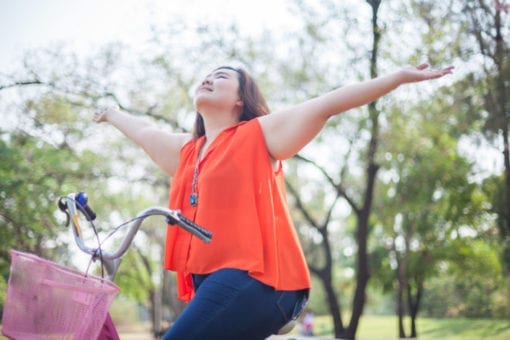World Kindness Day is celebrated annually on November 13th. On this day, participants attempt to make the world a better place by celebrating and promoting good deeds and pledging acts of kindness, either as individuals or as organizations. World Kindness Day was first launched in 1998 by The World Kindness Movement, an organization formed at a 1997 Tokyo conference of like-minded kindness organizations from around the world. There are currently over 28 nations involved in The World Kindness Movement, which is not affiliated, with any religion or political movement. The mission of the World Kindness Movement and World Kindness Day is to create a kinder world by inspiring individuals and nations towards greater kindness. Our everyday society is mostly riddled with stress, depression, fast paced living, competition and bullying and as a result many people are unhappy and have developed mental health disorders. Although kindness in itself cannot cure mental health disorders, practicing kindness on a daily basis towards ourselves and towards others can be a step in the right direction. A smile, holding the door open for another, bringing food to someone, paying for the person in line behind you, connecting with a stranger and saying ‘I love you’ to someone close are all acts of kindness that can be practiced on a regular basis. So often we hold back from being kind because we don’t know what to do or we don’t think our actions will make an impact, but they do and the research proves this. Science shows that some of the benefits of kindness are:
